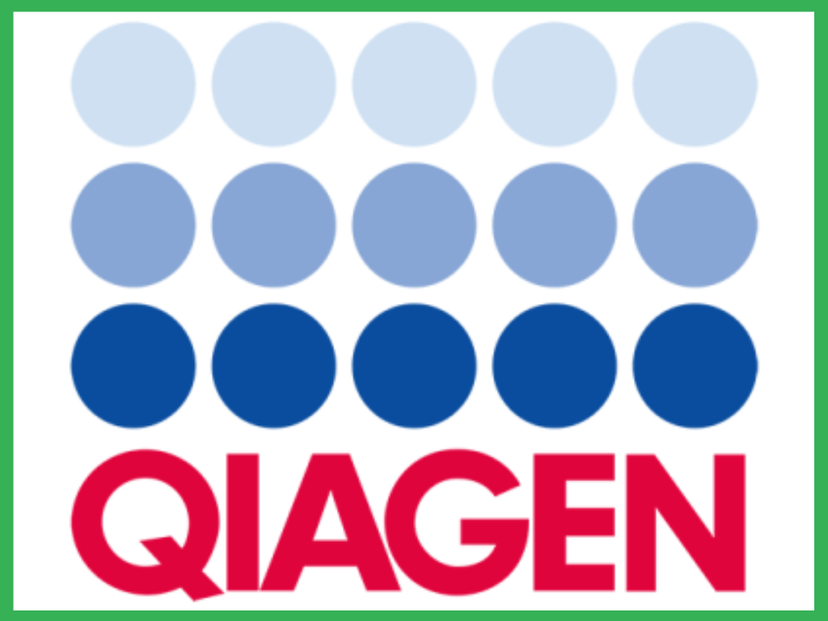New QIAstat-Dx IVD panel to identify patients at risk of developing Alzheimer’s disease
QIAGEN and Eli Lilly collaboration set to launch the first commercially available IVD Kit for APOE genotyping
11 Sept 2024
QIAGEN has announced that it is collaborating with Eli Lilly and Company to support the development of a QIAstat-Dx in-vitro diagnostic (IVD) to detect APOE genotypes which can play a role in the diagnosis of Alzheimer’s disease. This collaboration represents a significant milestone as the QIAstat-Dx panel would be the first commercially available IVD for APOE genotyping.
The QIAstat-Dx IVD panel will detect all APOE genotypes (APOE2, APOE3, APOE4). These genotypes can play a role in the diagnosis of patients with Alzheimer's disease, which is the most common cause of dementia. People carrying the APOE4 genotype have a higher risk of developing Alzheimer's and are likely to do so earlier in life compared to others. Those who carry two copies of this genotype (homozygous) are most likely to develop clinical symptoms of the disease.
The panel will be integrated with QIAGEN's multiplex testing platform QIAstat-Dx, marking the first publicly disclosed collaboration for a clinical application of the system in neurodegenerative diseases and adding to two more collaborations for diagnostics development programs with other companies.
The QIAstat Dx system, designed for laboratory use, employs cost-efficient, single-use cartridges with built in sample processing and on-board reagents. Utilizing multiplex real-time PCR, it reliably detects genetic variants, with results in about an hour.
“Our collaboration with Lilly to develop the QIAstat-Dx IVD panel underlines our commitment to advancing healthcare with a unique breadth of testing technologies and platforms, now also including multiplexing capabilities on QIAstat Dx,” said Jonathan Arnold, Vice President and Head of Translational Science and Precision Diagnostics at QIAGEN. “By providing precise APOE genotyping, we aim to better inform treatment considerations for Alzheimer’s patients, providing valuable insight in their diagnostic journey.”
“When offering a diagnostic test for clinical use, it is imperative that it be high-quality, accurate and accessible to patients,” said Anthony Sireci, M.D., MSc., Head of Diagnostics Development & Commercialization for Eli Lilly and Company. “We are working with QIAGEN to generate data for this APOE test because of their expertise in developing diagnostic assays and their global reach.”
Want the latest science news straight to your inbox? Become a SelectScience member for free today>>
